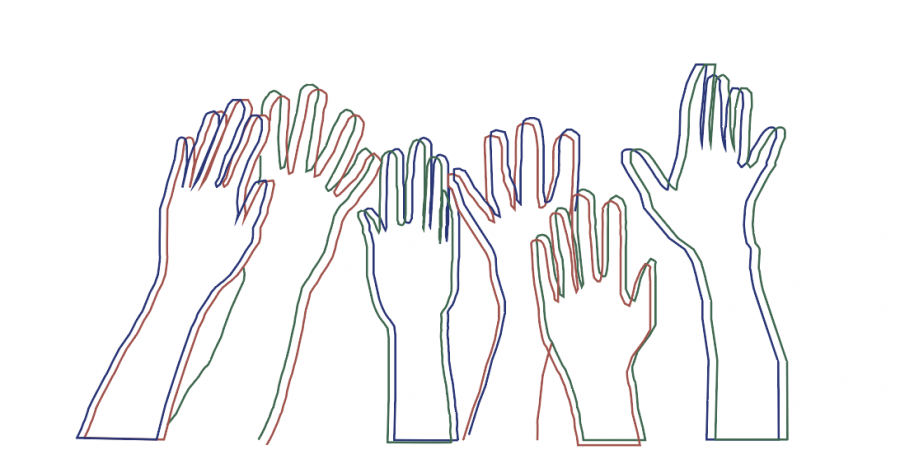Give a Helping Hand
U.S. needs to prioritize humanitarian aid to ensure uni ed success
Ever since president Donald Trump took office in January 2017, his “America First” agenda has radically shifted the U.S. role on the rest of the world.
The U.S. role has already been slowly diminishing for years as other foreign countries continue to expand their militaries, economies and world power, but there has been a difference in U.S. foreign policy that has launched this evolution.
Through actions such as exiting NAFTA, the Iran Nuclear Deal and the Paris Climate accord, Trump has made drastic changes resulting in the U.S. becoming a far more isolated nation.
This was furthered when the White House unveiled the 2019 Federal Budget on Feb. 12, which proposed cuts to foreign aid in an effort to make funds more local.
This decision, however, was a big mistake.
While focus on domestic issues is not a false approach, ceasing involvement in foreign crisis is an action the U.S. should seek to avoid.
Officials and supporters of such action argue that federal money is better spent at home to boost American growth or American jobs, but foreign aid offers mutual benefits to both the donor and the recipients.
By aiding countries in crises, we will be aiding ourselves in regards to the nations security. Evidence of this can be found in the 9/11 attacks. When the event took place, the U.S. discovered that they needed to stifle terrorism within Middle Eastern countries, that were unable to do so themselves, before it spread any further.
The U.S. government realized that world powers must interfere in the affairs of other countries to help them attain stability, otherwise instability will spread and pose a threat to their own countries.
Aside from our collective security, there is a moral obligation of developed countries; to aid crises in order to prevent mistakes made in the past. In 1993, the UN launched its mission Rwanda to monitor a cease-fire agreement between the Rwandan Hutu government and the rebel Rwandese Patriotic Front. The mission, which was not allowed to use military force to achieve its aims, proved insufficient after the slaughtering of an estimated 800,000 Tutsis and Hutus took place. Therefore, and the Rwanda representative at the UN agreed with this assertion, there is a responsibility of developed countries to prevent heinous and preventable mistakes from repeating themselves.
Trump’s presidency has changed the international goals of America, transforming the U.S. from a global leader cooperating with other countries to ensure mutual success to a self-focused superpower with motives to only improve personal national security.
By lowering humanitarian and foreign aid to the bottom of our priorities list, we are putting our prosperity at risk.
Domestic economic improvement with the promotion of global prosperity proves that foreign aid is good for America — and for the world.

McKenna Cole is a senior and the Managing Editor for “The Tiger Print.” In her free time she enjoys hammocking, drag queens, guacamole, serving the...




